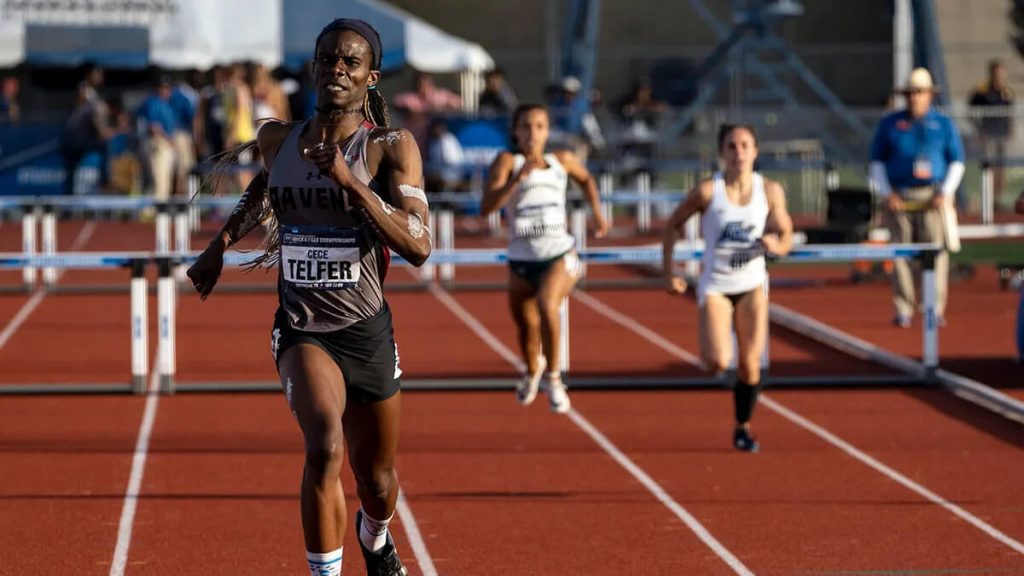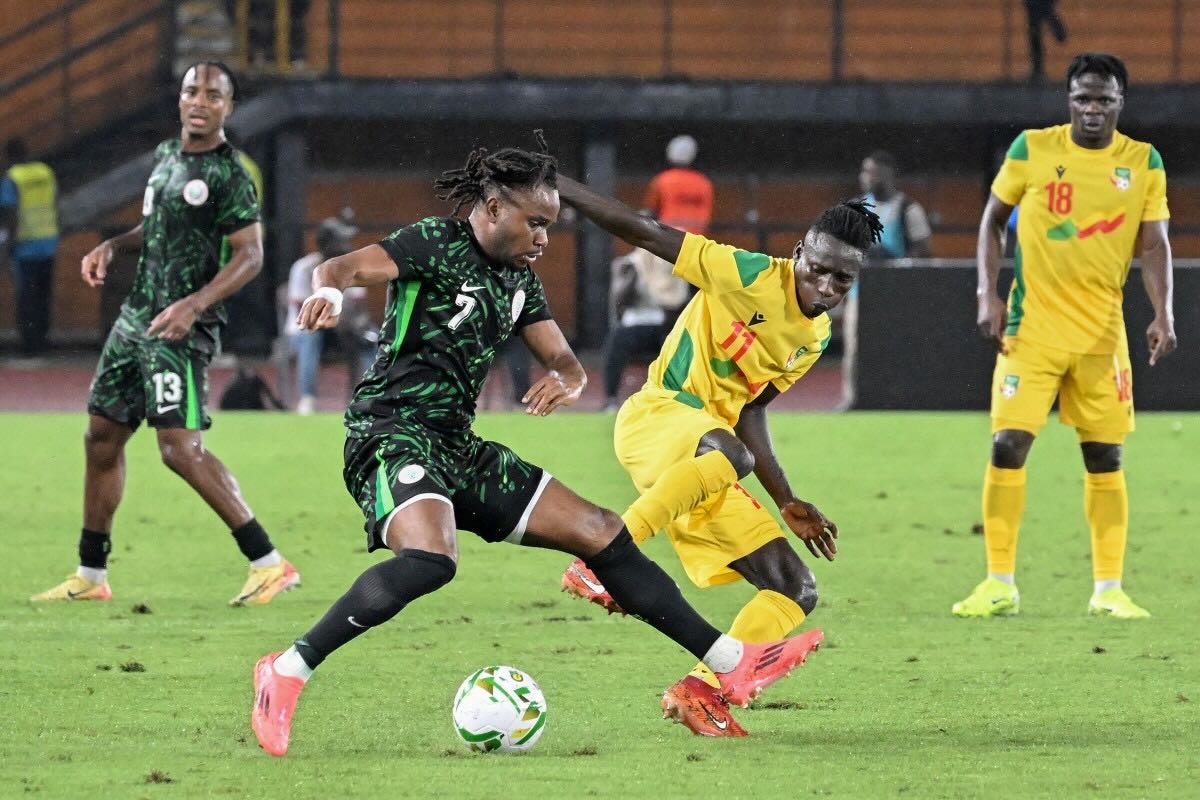CeCe Telfer, a transgender athlete who won the NCAA women’s national championship after competing as a man, has announced her plans to return to indoor track competition. Her goal? To break all records.
Telfer made history in 2019 as the first openly trans woman to win an NCAA title, securing first place in the 400m hurdles at the Division II National Championships. Now, she’s setting her sights on indoor track.
“I look forward to indoor track, because 2024 indoors is going to be epic,” Telfer told Them. “My dreams were taken away from me once again. So I plan on going back to New England, hitting up all the indoor competitions, and taking all the names, all the records, and everything.
Telfer’s dreams of competing internationally were dashed when USA Track and Field barred her from the Olympic Trials in 2021, citing hormone-level eligibility requirements. In March 2023, World Athletics, the international governing body for track, banned all trans women from racing, ending Telfer’s hopes for the Paris Olympics.
Despite facing homelessness, estrangement from her biological family, and harassment for her participation in women’s sports, Telfer’s determination to return to the track remains strong.
“That doesn’t look like first all the time, that doesn’t look like second place, that doesn’t look like podium all the time, but the track meets that count will count. That’s what’s burning this fire in my heart and in my body. So it’s keeping me going to know that I can go to indoor competitions and still be the girl to talk about, period,” she said.
The NCAA has yet to issue specific rules regarding transgender athletes’ participation in sports. Previously, it followed the U.S. Olympic and Paralympic Committee’s rules, with each sport adhering to its respective national governing body’s policy. If no such body exists, the sport follows the current international policy.
Meanwhile, the National Association of Intercollegiate Athletics (NAIA) has banned transgender athletes from women’s sports, stating only biologically female athletes may participate in ‘NAIA-sponsored female sports.
Telfer expressed her distress over these rules, saying, “Why are we going back? Why are we reverting? We’re literally going back in history… This is scary. The fact that people are powerful enough to move backwards is scary, not only for transgender women, but it should be scary for society at large.”
Debates over transgender athletes competing in high school and college sports have intensified, with 24 states now banning transgender students from girls’ sports.









